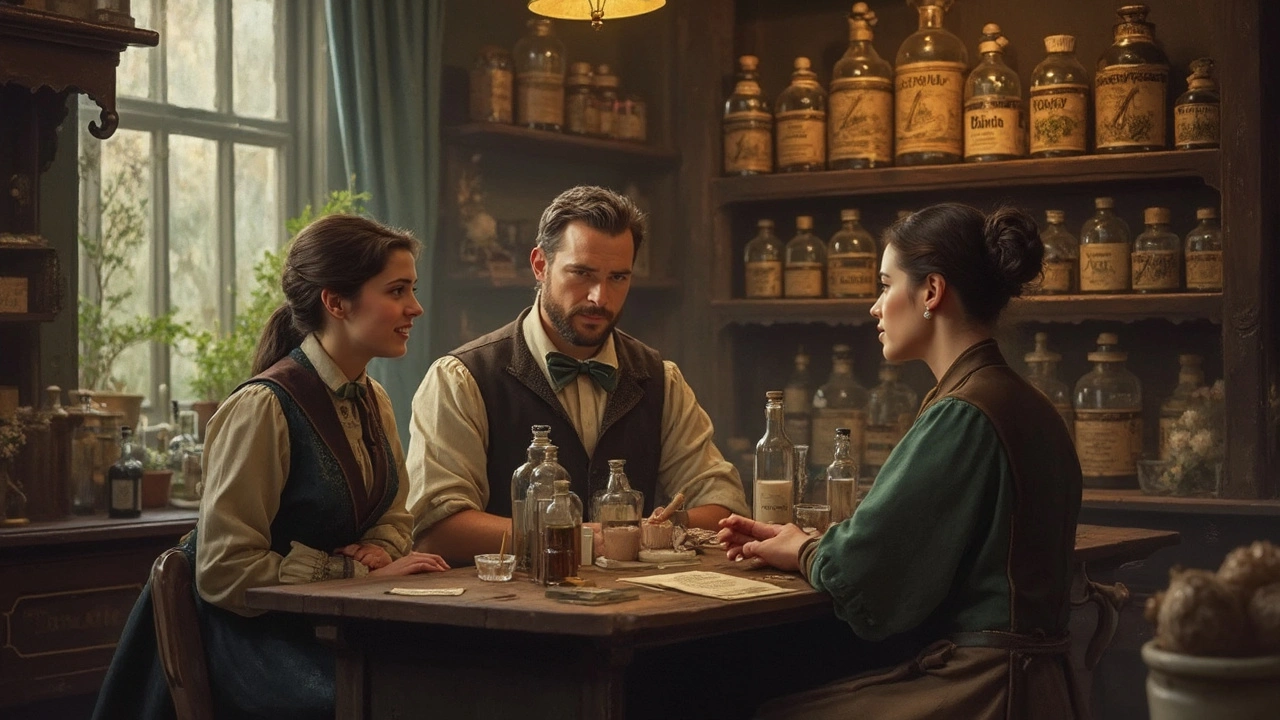Belladonna supplement: what it is and why you should be careful
Belladonna, also called deadly nightshade, contains strong chemicals like atropine that affect the nervous system. That sounds dramatic because it is—belladonna can be useful at very small doses and dangerous if you guess at dosing. If you’re seeing supplements or homeopathic products labeled “belladonna,” you should know what they promise, what they actually do, and how to avoid serious harm.
What people use belladonna for (and the real evidence)
Some traditional uses include easing muscle spasms, reducing gut cramps, and calming motion sickness. Modern medicine extracts atropine and similar compounds from plants to treat certain medical conditions, but that’s done under strict dosing and monitoring. Over-the-counter supplements often lack clear dosing or proof of benefit. Homeopathic belladonna products are so diluted they likely do nothing; concentrated herbal extracts can have real effects—and real risks.
If you’re thinking it will help a cough, tummy ache, or anxiety, don’t assume it’s safe. Clinical evidence for herbal belladonna supplements is limited and mixed. Medical-grade uses of belladonna compounds are handled by doctors in hospitals or clinics, not by self-prescription at home.
Safety, interactions, and buying tips
Common side effects include dry mouth, blurred vision, fast heartbeat, dizziness, confusion, and urinary retention. At higher doses you can get severe symptoms like hallucinations, dangerously fast heart rate, or loss of consciousness. Children are especially vulnerable—small amounts can be toxic.
Avoid belladonna if you have glaucoma, enlarged prostate, heart disease, certain bowel problems, or if you’re pregnant or breastfeeding. It can interact badly with other anticholinergic drugs, some antidepressants (like MAOIs), antihistamines, and sedatives. Mixing with alcohol raises risk.
When buying, pick suppliers who list clear ingredient amounts and provide third-party testing. Stay away from products that hide alkaloid content behind vague terms like “herbal extract.” If a product claims to cure multiple unrelated conditions quickly, that’s a red flag. Trust pharmacies and regulated vendors over unknown marketplaces.
If a clinician suggests belladonna as part of treatment, ask for exact dosing, signs of toxicity to watch for, and written instructions. Keep any belladonna product locked away from kids and pets. If someone shows signs of poisoning—extreme agitation, high fever, severe confusion, fast pulse—call emergency services right away.
Bottom line: belladonna compounds can be medically useful but they carry clear risks. Don’t self-dose herbal extracts. Talk to your doctor or pharmacist first, and only use products from reputable, transparent sources. If you want help finding safer alternatives or vetted suppliers, SecureTabsPharm can point you to reliable information and legitimate options.

Belladonna Benefits: Exploring Belladonna’s Transformative Effects on Health
Discover how belladonna, a powerful herbal dietary supplement, could impact your well-being. This article unveils the extraordinary history, science-backed benefits, surprising facts, and safety considerations of belladonna. Get practical tips for safely integrating belladonna into your daily routine. If you've ever wondered how an ancient plant can still be relevant in modern health, this read is a must.
© 2026. All rights reserved.
